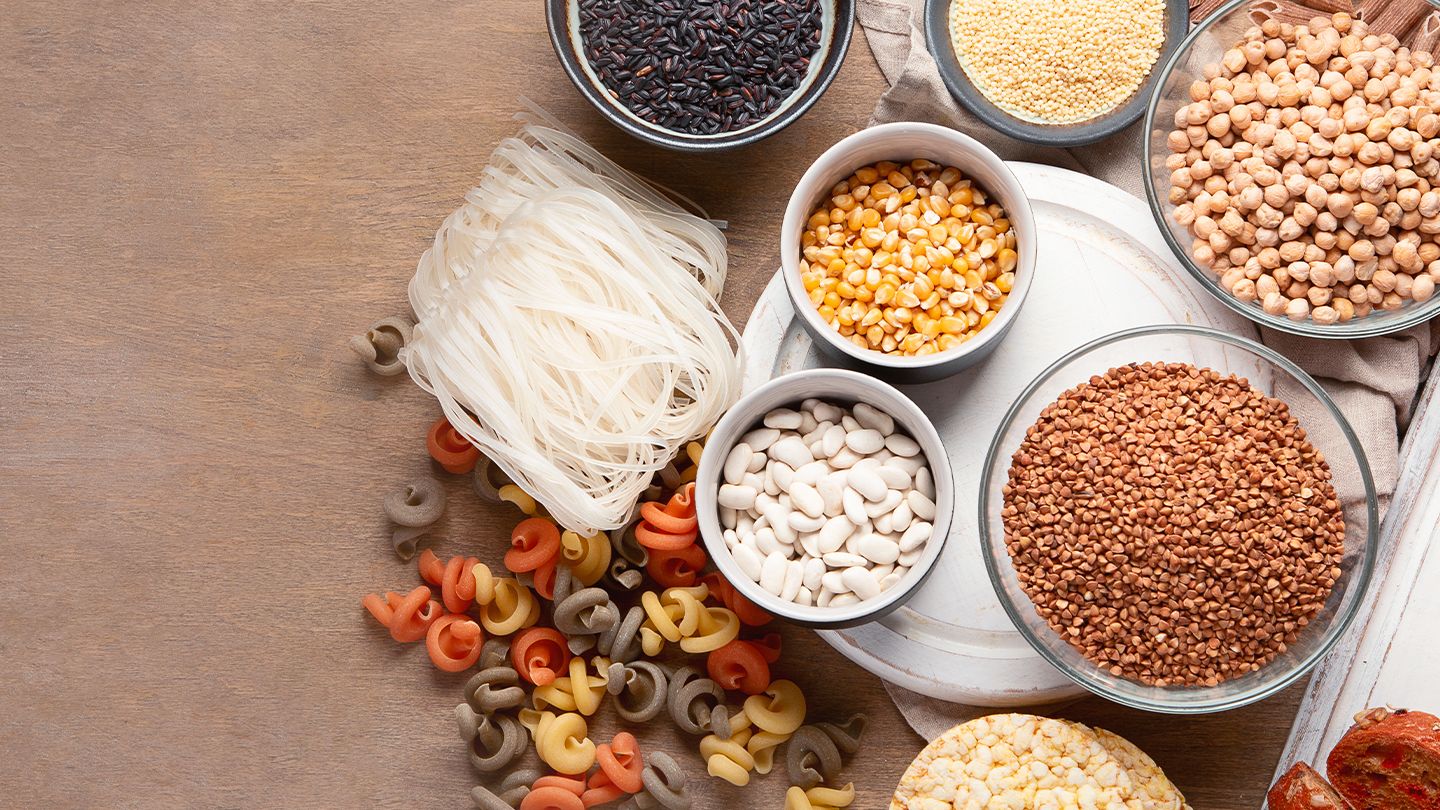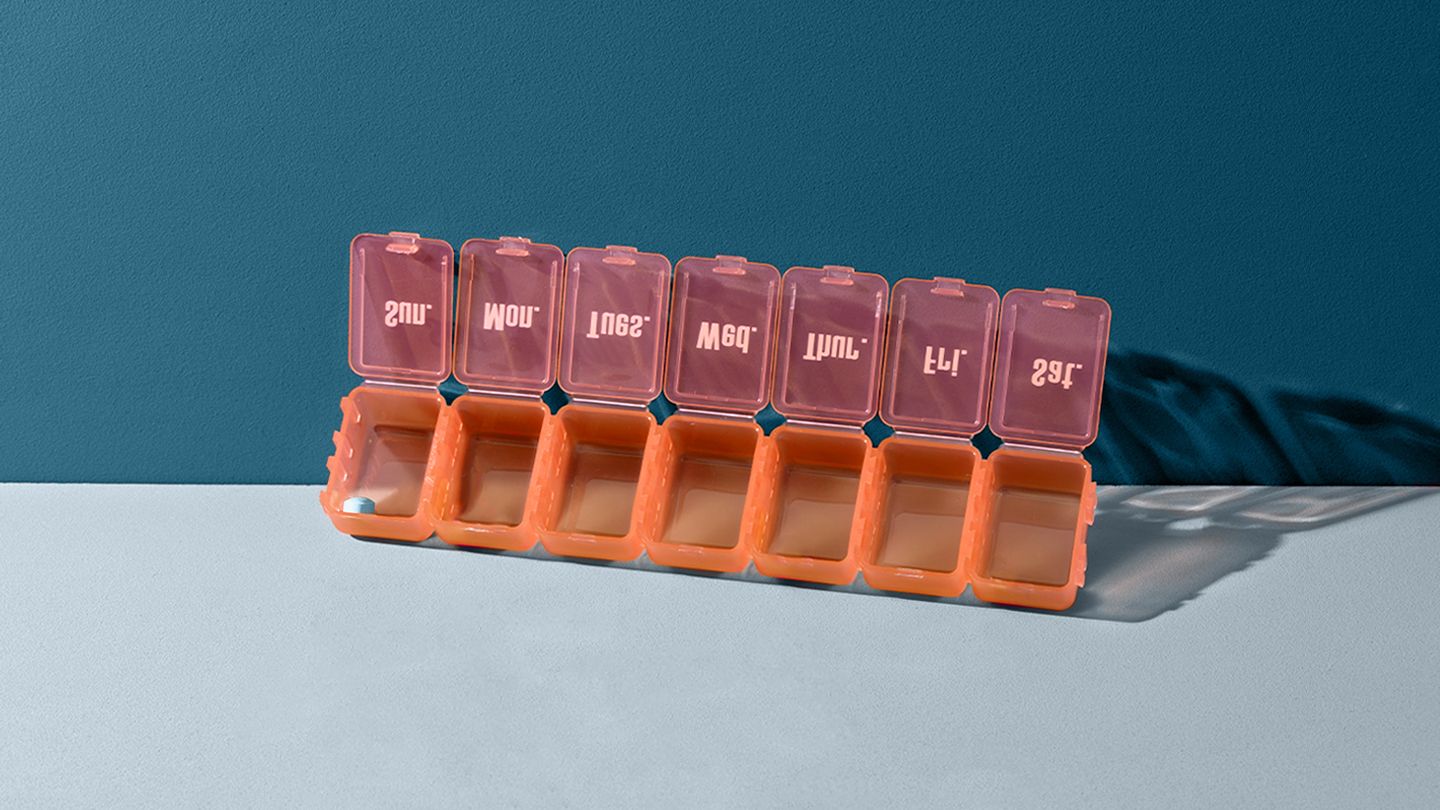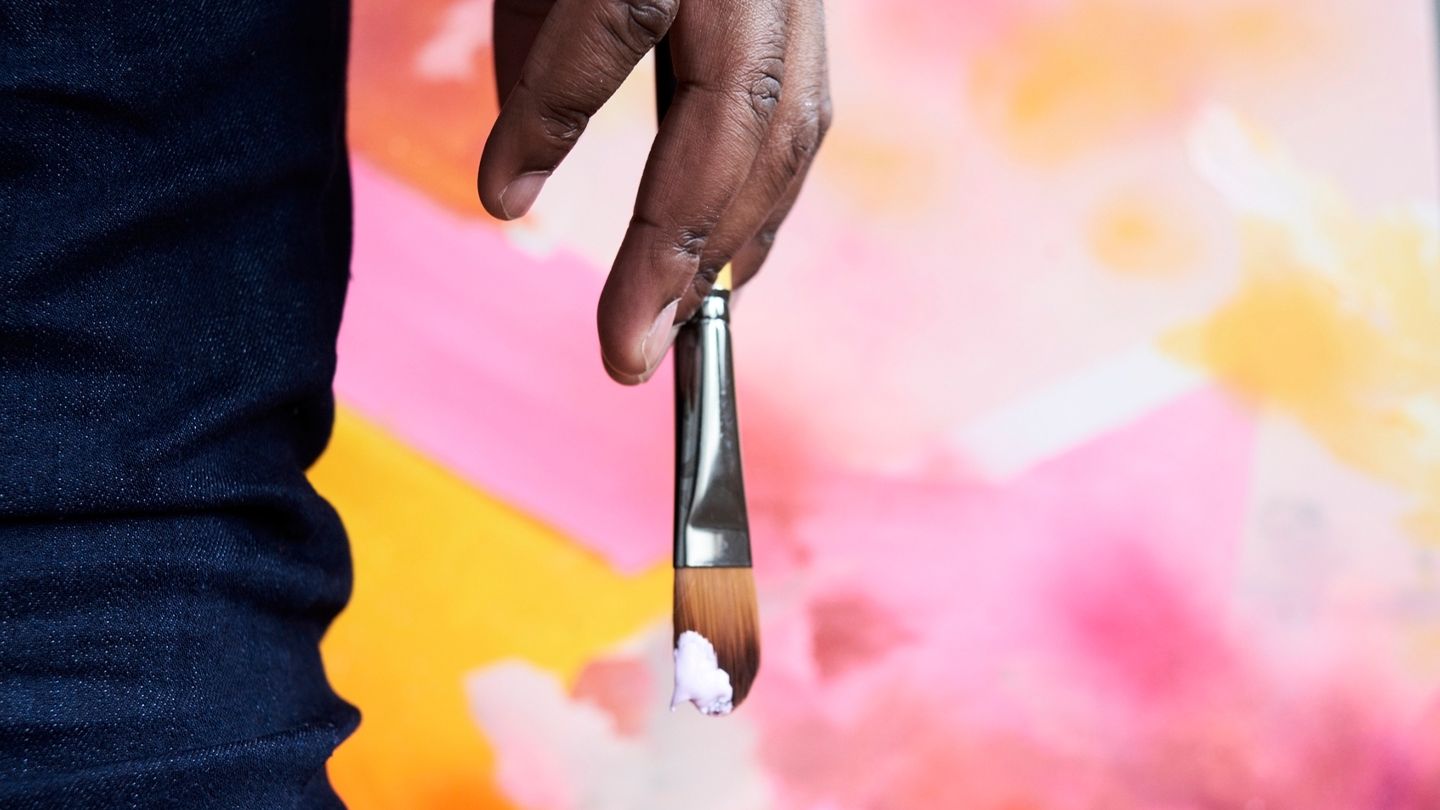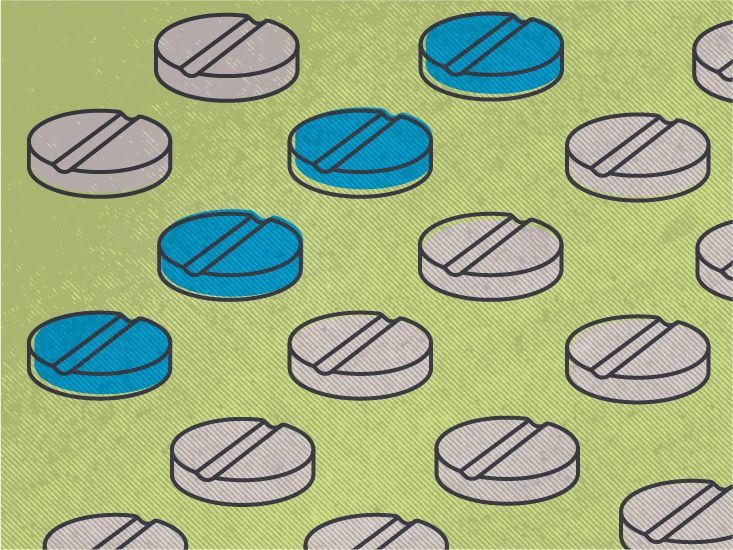Does Cinnamon Make You Urinate More?
Cinnamon is a popular spice used in everything from desserts to curries to hot drinks. Some people also consume cinnamon supplements due to the health benefits of this antioxidant-rich spice. But can cinnamon make you pee more often? Let's take a closer look at the evidence.
How Cinnamon Works in the Body
Cinnamon contains active compounds that have several effects in the body. For example, cinnamaldehyde gives cinnamon its flavor and provides antioxidant and anti-inflammatory benefits. Meanwhile, coumarin helps reduce blood sugar levels.
These and other cinnamon compounds pass through the digestive system after consumption. The liver then metabolizes and breaks down the compounds, enabling absorption into the bloodstream.
Research shows that taking cinnamon can impact glucose metabolism, lipid profiles, blood pressure, and other aspects of health. But there is little evidence that cinnamon acts as a diuretic to directly cause more urine production and urination.
Studies on Cinnamon and Urination
Very few scientific studies have specifically investigated whether cinnamon increases urination or influences urine in other ways. However, a couple of small studies provide some insight.
One study in rats tested an alcohol-based cinnamon extract. It was found to increase urine output in the rats over a 5-hour period, indicating a diuretic effect.
Another small study in humans investigated the impacts of taking a supplement containing cinnamon extract along with other compounds like chromium. Participants reported needing to urinate more frequently especially in the first month of taking the supplement.
Overall though, robust research focused explicitly on cinnamon's diuretic mechanisms and effects on urination volume is lacking.
Anecdotal Experiences with Cinnamon and Urination
While hard science on cinnamon and peeing is scarce, many people do report needing to urinate more after consuming cinnamon.
For example, having cinnamon with warm milk or in tea at night may stimulate bladder activity or circadian rhythms that initiate urination. Cinnamon compounds passing rapidly through the system may also play a role.
Some people trying to manage conditions like urinary incontinence or overactive bladder choose to avoid cinnamon based on personal experiences with it promoting more frequent urination.
So the anecdotal evidence suggests cinnamon can make some people pee more often. But scientists have not definitively confirmed this diuretic effect through rigorous controlled studies.
Why Cinnamon May Make Some People Urinate More
While research has not proven cinnamon directly causes increased urination, there are some plausible theories for why it may have this effect in some people.
Boosts Kidney Activity
By supporting healthy kidney function, cinnamon could help your body filter out more fluid via urine. Compounds in cinnamon may activate parts of the kidney responsible for reabsorbing water, electrolytes, and waste.
One study in rats with kidney disease found that providing cinnamon extract helped restore normal kidney biomarkers and activity levels. More research is needed, but cinnamon may support better fluid regulation.
Blood Sugar Control
Another theory involves cinnamon's beneficial effects on blood sugar levels. By enhancing insulin sensitivity and glucose uptake cells, cinnamon helps moderate blood sugar spikes.
As your blood sugar comes under better control, your kidneys adjust and excrete excess sugar via the urine. When more sugar exits through urine, fluid follows, resulting in more frequent urination.
Digestive Stimulation
Cinnamon may also stimulate intestinal contractions to move food and waste through the digestive tract quicker. This digestive stimulation can likewise encourage the bladder to evacuate more frequently.
Plus, by improving gastrointestinal activity, cinnamon enables faster absorption and processing of food and fluids. The extra fluid enters the bloodstream rapidly, leading to more urine output.
Circadian Effects
Finally, for some people, consuming cinnamon may interact with circadian rhythms. This internal "body clock" initiates signals based around the time of day that control hunger, sleep, hormone regulation, and more.
Eating or drinking cinnamon could essentially "trick" the body into thinking its closer to morning based on these circadian patterns. The result is a stimulated bladder and need to urinate.
Tips for Reducing Frequent Urination from Cinnamon
If you enjoy cinnamon but find it makes you race to the bathroom too often, try these tips to moderate usage:
Limit Cinnamon at Night
Avoid having cinnamon foods, drinks, or supplements within several hours of bedtime. This prevents disturbing your sleep by stimulating midnight bathroom runs.
Stay Hydrated
Drink plenty of non-caffeinated fluids during the daytime. Well-hydrated kidneys can better handle any mild diuretic effects from cinnamon so daytime bathroom trips aren't excessive.
Monitor Medications
Check if any medications you take may interact with cinnamon to influence urination patterns or bladder function. Adjust quantities or timing if needed.
Lower Doses
Consider reducing cinnamon supplement dosages or frequency. Have smaller servings of cinnamon foods/drinks instead of overconsuming. Find the sweet spot that gives you health perks without excessive pee stops.
Time Strategically
Plan to have cinnamon supplements, spices, or dishes earlier in the day so any extra bathroom needs don't disrupt your evening. This works with cinnamon's natural circadian effects.
Implementing a few of these simple suggestions should help you prevent any unwanted urination side effects while still enjoying cinnamon.
When to See Your Doctor
Occasional extra bathroom trips due to cinnamon are usually not concerning. However, contact your doctor promptly if you experience:
- Burning sensations or pain when urinating
- Urine that appears red, pink, orange, or very cloudy
- Inability to urinate at all
- Leaking urine between bathroom trips
- Sudden urges to pee that are very difficult to control
These types of urinary symptoms could potentially signify infections, bladder problems, or other underlying medical issues requiring treatment.
Cases Where Cinnamon May Need to be Avoided
Certain populations should use caution and limit cinnamon intake if it seems to promote frequent urination, including:
- Those with overactive bladder or urinary incontinence
- People taking diuretics or blood pressure medications
- Those with diabetes or kidney disease
- Men with enlarged prostate issues
Excessive peeing from cinnamon could worsen annoying or dangerous bladder control and fluid regulation challenges for these groups.
The Bottom Line
Does cinnamon make you pee more? For some people, yes, consuming cinnamon may contribute to more frequent daytime or nighttime urination.
A few theories could explain cinnamon's mild diuretic effects, from kidney stimulation to blood sugar control. But scientific research has not confirmed any mechanisms.
Try tweaking your cinnamon intake timing and amounts if bathroom visits become bothersome. Overall though, for healthy people, the additional pee stops are usually just a minor annoyance.
So spice up your oatmeal, toast, and tea without worry. Just be prepared to answer nature's call more often when you add a dash of cinnamon!
FAQs
Is it bad to drink cinnamon tea before bed?
It's best to avoid drinking cinnamon tea in the hours leading up to bedtime. The cinnamon can stimulate your bladder, leading to excessive nighttime urination that disturbs sleep. Have cinnamon tea earlier in the day instead.
Why does cinnamon seem to make me urinate more, but not my spouse?
People can react differently to the effects of cinnamon on urination frequency. Differences like body chemistry, medications being taken, bladder health conditions, and food sensitivities could influence urinary responses.
Can taking a cinnamon supplement improve an overactive bladder?
No, it's not recommended to take cinnamon supplements if you have an overactive bladder or urinary incontinence issues. The extra stimulation of urine production could make annoying leakage or bathroom urges even more frequent and urgent.
Is drinking a cinnamon latte better than taking a cinnamon extract pill for reducing excessive pee trips?
A cinnamon latte is likely better if you experience frequent urination from supplemental cinnamon pills. The lower doses from food/drinks may provide health benefits without overstimulating pee production. Moderation is key.
Disclaimer: This article is for informational purposes only and does not constitute medical advice. Always consult with a healthcare professional before starting any new treatment regimen.
Related Coverage
Las Vegas offers quality ADHD treatment including diagnosis, medication management, therapy, coaching, and support groups. Find specialists to create a tailored plan....
Quillivant XR side effects include common symptoms and rare warnings; get tips to manage appetite, sleep, mood and stay safe....
If struggling with focus, impulsivity or hyperactivity, meet with a skilled ADHD psychiatrist in Philadelphia for evaluation, testing, medications, therapies and coping strategies....
Research on gluten free diets for ADHD has shown mixed results. It may help a subset of children with gluten sensitivity. Learn about foods to eat and avoid....
Adderall requires a prescription and is illegal for recreational use, but when taken as directed for ADHD it is FDA-approved and legal under federal regulations....
While some parents restrict red dye from the diets of kids with autism to help symptoms, conclusive proof of a causative link remains lacking even as animal studies raise concerns....
Many with ADHD try Lion's mane ADHD for clearer focus; see evidence, safety tips, dosing guide, and expectations before you start....
Find highly rated psychiatrists in Tucson, AZ experienced in diagnosing and treating ADHD in both children and adults. Get tips on questions to ask and maximizing appointments....
When an ADHD child refuses schoolwork, it often stems from struggles to focus, follow instructions, and handle the demands of school. With support at home and accommodations at school, they can overcome avoidance....
Jornay PM side effects can be mild but knowing how to manage appetite loss, sleep changes, and mood shifts helps you stay on track....








